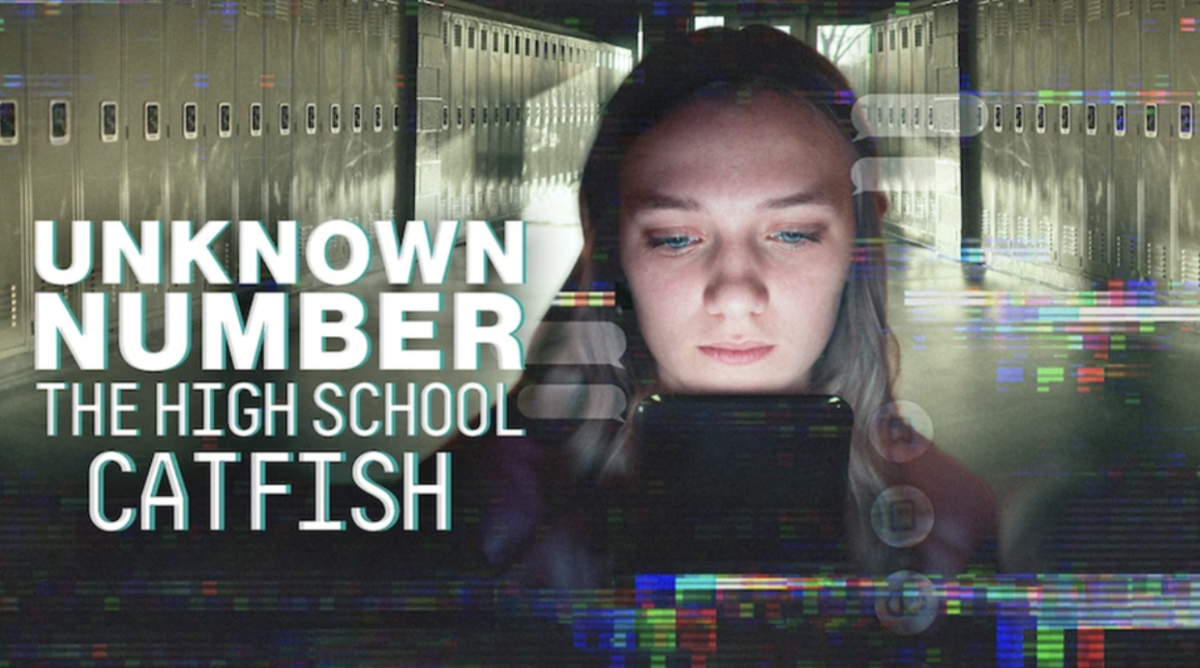The online abuse of 13-year-old Lauryn Licari and her boyfriend Owen McKenny started in the placid city of Beal City, Michigan, in October 2020. The peaceful life of two children was disturbed by hostile messages coming from anonymous numbers. Although the messages were harmless initially the texts grew increasingly malicious and frequent, slowly destroying the lives of the children for 15 months.
Netflix sheds light on this incident through the recent release of their true crime documentary “Unknown Number: The High School Catfish,” covering the details of the event. The documentary starts with the escalating online harassment that two children, Lauryn and Owen suffer from. Every day, they are flooded with messages that display insults, threats, and sexual comments. The texts often consist of information that only close relatives of Lauryn would know. This ignites suspicion among close friends, school officials, and law enforcement associated with Lauryn.
The documentary details the investigation led by the county and the FBI, through elaborate tracking methods to detect IP addresses and numbers connected to the messages. Throughout this process, the police collaborated with the mobile carrier Verizon to reveal further details. Investigation reveals the irony where Kendra Licari, Lauryn’s mother, keeps appearing in the record associated with the messages.
Countless pieces of evidence unearthed an eerie truth: Kendra was the one who was sending the loathsome texts to Lauryn, her own daughter.
“I never expected the mom to be the one who was harassing Lauryn all throughout,” Minho Chun (11), documentary enthusiast, said. “The documentary critiques the loopholes and blind approach that often happen during domestic investigations.”
The emergence of Kendra as the perpetrator of the crime led to many audiences being shocked. The documentary’s sinister plot twist left many audiences appalled, especially because the close relative was convicted.
However, some expressed disapproval of the documentary, critiquing that it downplays child abuse. Kendra is portrayed as both manipulative and deeply broken inside, embodying the tragic duality of a perpetrator. Some argue that pitying the perpetrator can falsely depict the crime and cause harm to the victim, especially because this documentary was produced based on a true story.
However, some argue that it is important to provide a full grasp of all characters’ motivations, especially because Lauryn Licari was a complex character driven by multiple motivations.
“Although it is important that all perspectives are covered to make the documentary informative and interesting, I personally think that child abuse should never be downplayed,” Hannah Park (11), avid enjoyer of the documentary, said. “In this sense, I don’t think the documentary should have focused more on the harm that Lauryn got rather than the mental distress of Kendra.”
The documentary reflects the specific case of Lauryn but also embodies the broader social issue that arose with the adoption of social media. Online deception, or to say the “catfishing,” often lures teenagers into an abusive relationship with a clear power hierarchy.
“I don’t think the issue of online deception is spoken about compared to how prominent an issue it is today,” Jen Park (10), a Netflix user, said. “The documentary would be a good wakeup call to many people unaware of the issue.”


